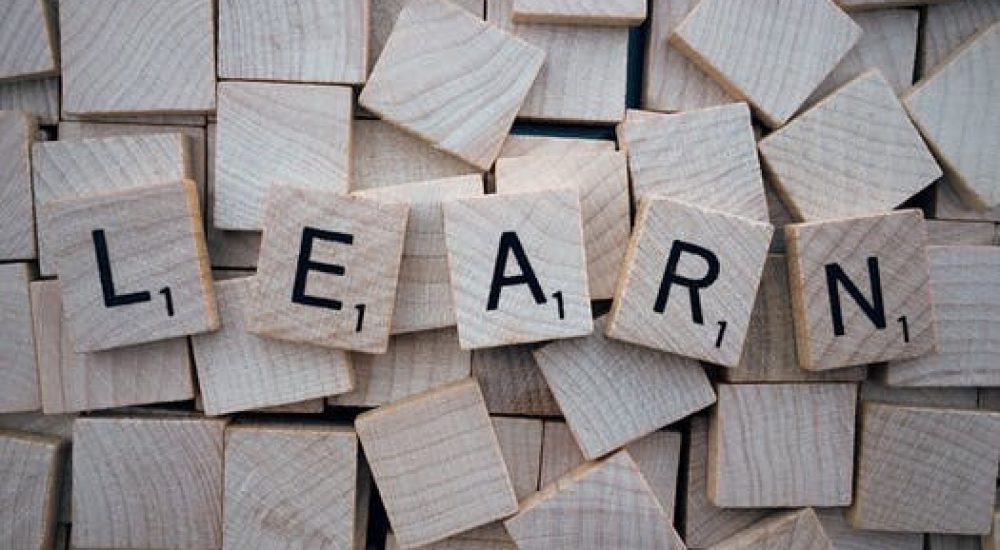I woke up today, and while I was eating my English muffin, having coffee, and waiting for my own kids to finish getting ready for pre-school, I saw a Facebook post by an old friend from high school who is now a sixth-grade teacher. The post displayed a note on a white board, written by a student, and it read, “Mr. G is the best teacher ever!”
In a time when there is so much discussion about holding teachers accountable and using test scores to distinguish “good” from “bad” educators, I found the post to be quite poignant.
I love the OST field for many reasons, but one of the foremost reasons is that we in it still celebrate educational success as it is measured in ways that go beyond test scores to include messages written by students on whiteboards. Yes, after-school programs should promote academic advancement, but we are still able to celebrate our success by the height we shoot a rocket in science club, by the number of cans of food the service club generates, by the number of collective miles the running club logs, or the wonderful creativity we see in the recycled art projects. These informal education spaces that out-of-school-time classes offer are able to teach invaluable skills and, in some ways, do it in a more traditional fashion.
“Good” programs and teachers teach kids to enjoy being at school, teach them to talk with adults, to engage with peers around shared interests, and to try things they have never had the opportunity to try. Indeed, I believe that after school is, more than anything, about creating learning opportunities that didn’t exist before, about expanding education.
We educators need to be articulate and vocal about how learning opportunities happen during after-school time.
These learning opportunities may look different and be quantified in different ways; it may not be immediately obvious how this learning leads to a jump in CST scores, but it does. We know this. Our students know this. And we must all band together to explain how this happens and why it matters.
I want to thank those stakeholders who fight for the continuation of these vital learning opportunities. I want to thank the teachers who support the work that after-school staff does to extend and enhance in-class education. I want to thank the line staff that use their time with students to listen, hug, and give out high-fives.
My coffee is now cold, and I need a refill. In closing, I just want to say that I love this field for the informal and non-traditional ways we are able to teach the most important lessons…test or no test included.
Author Profile: @blupien
